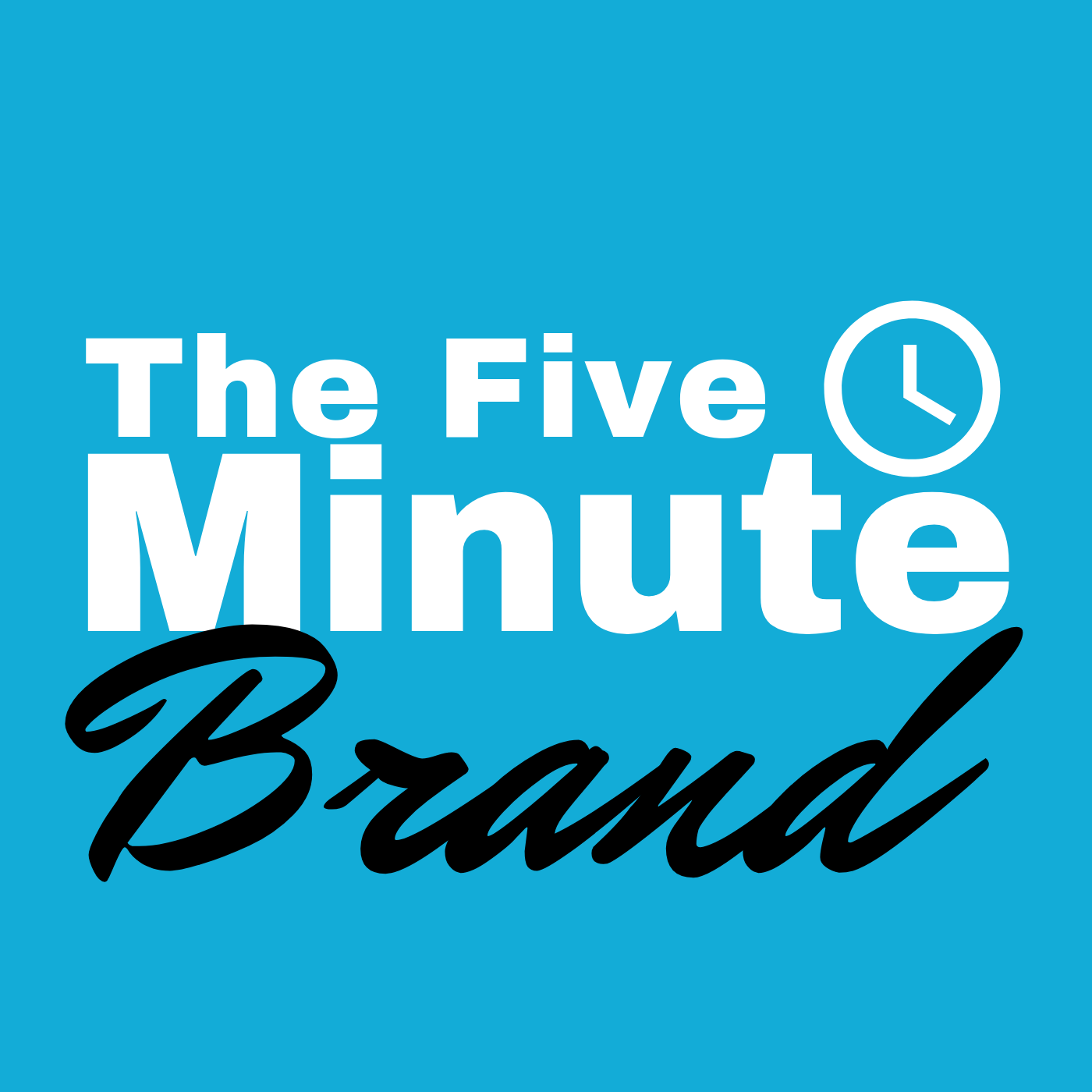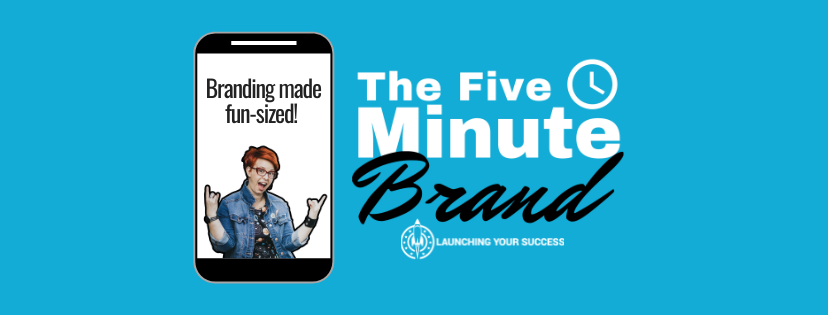Episode 9
Empowering Clients to Be the Hero of Their Story
"Pass on what you have learned" - Yoda, Star Wars: The Last Jedi
Storytelling and the power it holds for your brand messaging. Robyn discusses how to structure your brand's narrative around the classic hero's journey and why it is crucial to remember that as the brand, you are not the hero. Drawing examples from the iconic Star Wars trilogy, she emphasizes the importance of positioning your clients as the heroes and your brand as the mentor. So sit back, listen in, and explore how embracing the role of mentor in your brand messaging can create an emotional connection with your audience and ultimately make your brand unforgettable.
- The importance of focusing on the client as the hero in brand storytelling and messaging
- Drawing parallels between the classic hero's journey and the client's journey in their interaction with the brand
- Emphasizing the role of the brand as a mentor or guide in the client's quest for transformation and success
- Encouraging the audience to think about how their brand helps the client overcome challenges and achieve their goals
- The significance of creating emotional connections with the audience by positioning the brand as a supportive force in the client's journey
Mentioned in this episode:
Book Announcement
Visit 5minutebrand.com for more info.
Transcript
As you go forth and take this knowledge and put
Speaker:it into practice and apply it to your brand messaging
Speaker:and your sales content and your social media and any other
Speaker:content that you're gonna put out into the world on behalf of you and your
Speaker:brand. I want you to remember something very important,
Speaker:and that is that you are not
Speaker:the hero. It may be your
Speaker:brand story, but the most effective stories are centered
Speaker:around the client, your clients, your
Speaker:target audience. They are the hero.
Speaker:It will help you to think of this in terms of a
Speaker:classic hero's journey, so the hero's
Speaker:journey is a storytelling framework. You see it in books. You see it in
Speaker:movies, and the hero's journey is going to take a normal
Speaker:person and turn them into a hero by sending them on an
Speaker:epic adventure or an epic quest. It follows a
Speaker:few key stages. We start by meeting the hero in their
Speaker:ordinary world. The hero then crosses the threshold
Speaker:into a new world, and it's filled with danger, and it's
Speaker:filled with excitement. Along the way, they have to face
Speaker:challenges, and they have to overcome Sayles, and to
Speaker:help them, they will meet allies, and they will have mentors,
Speaker:but they'll also encounter enemies who are trying to stop them from
Speaker:reaching their goal and completing their quest.
Speaker:At some point, when the hero is about to give up,
Speaker:They are going to enter their innermost cave,
Speaker:which could be physical, could be mental, but that's where the hero
Speaker:is going to face their biggest challenge themselves.
Speaker:And when they overcome that challenge, they're going to transform.
Speaker:They're going to gain this new knowledge, new insight, these new Sayles.
Speaker:And they're gonna take that into the final battle
Speaker:where they are victorious, they complete their quest, and they return
Speaker:home as a changed person to the benefit of their
Speaker:entire community. That is the classic
Speaker:structure of the hero's journey. One
Speaker:of the most recognizable examples of this is
Speaker:Star Wars, The original Star Wars trilogy, in particular, but the
Speaker:Star Wars trilogy the Star Wars universe at large. Right?
Speaker:So if we think about those original Star Wars movies and we use that as
Speaker:an example. It's an easy example to use
Speaker:because it's become so infused in our pop culture that even if you've never
Speaker:seen the movies, if you don't consider yourself a fan, you still know
Speaker:enough about who's who that these roles make
Speaker:sense. Right? So if we take Star
Speaker:Wars classic hero's journey, and we apply it to you in your
Speaker:brand, that means that your client is
Speaker:Luke Skywalker. Your client is Luke Skywalker, who
Speaker:has to go off on this quest and overcome these
Speaker:challenges and meet his mentors so that he can defeat
Speaker:Darth Vader and the Empire. Right? So if your
Speaker:client is Luke Skywalker, you and your brand are one of those
Speaker:mentors along the path that makes you
Speaker:Obi Wan Kenobi. That makes you Yoda.
Speaker:And your brand provides the skills and training and
Speaker:tools that your client needs to complete that epic
Speaker:quest. Conversely, your
Speaker:client could be Darth Vader, and that makes you Emperor
Speaker:Palpatine. And you want him to
Speaker:achieve his full potential Minute dark side of the force so that he can
Speaker:conquer the rebels and build his glorious empire. Right?
Speaker:Whether you're working for the light or for the dark, you're not
Speaker:the hero. You're not Luke Skywalker. You're not Darth Vader.
Speaker:You are the mentors, the Palpatines, the Yodas, the Obi Wan
Speaker:Kenobi, the people who help the hero complete their
Speaker:quest. So if you understand this, if you
Speaker:embody this, and you write brand messaging
Speaker:with that in mind from the perspective of being the mentor,
Speaker:it's going to increase that potential for your ideal client,
Speaker:the hero, to make an emotional connection to you and
Speaker:your brand. If you are helping the hero complete
Speaker:their quest, they're going to be forever grateful. They are going
Speaker:to hold you on high as the person who gave them what they
Speaker:needed so that they could transform their community.
Speaker:And and how much do you think they're going to
Speaker:shout from the rooftops how much you were able to help them?
Speaker:Right?
Speaker:Treating your clients, treating your audience
Speaker:Five the hero.
Speaker:Treating your audience, treating your clients like the hero of their own
Speaker:story and giving them the critical things that
Speaker:they need to complete their quest is gonna make the
Speaker:difference between someone who's just willing to
Speaker:recommend your brand Brand someone who cannot stop
Speaker:themselves, who feels compelled to recommend you and
Speaker:your brand because you helped them complete their quest.
Speaker:So I want you to
Speaker:spend some time thinking about what Epic Quest is
Speaker:your ideal client on And how does your brand
Speaker:help them beat the final boss?


